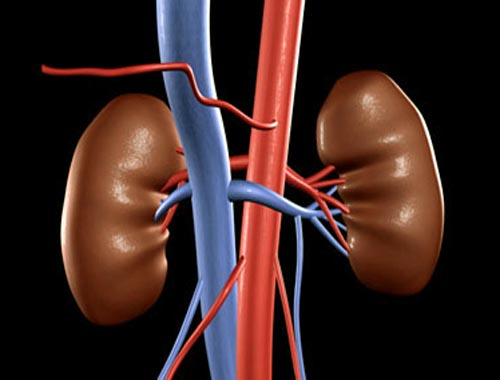Blood Test Tracking Online Diagnosis app laboratory
Published: 13 Aug 2024

Hemoglobin A1C
* Hemoglobin A1C is a crucial test for diabetes management as it reflects blood sugar control over the previous two to three months.
* The American Diabetes Association recommends testing every three to six months to maintain optimal hemoglobin A1C levels and prevent complications.
DHEA (Dehydroepiandrosterone)
* DHEA, known as the "antiaging hormone," peaks in the 20s and declines with age.
* Low DHEA levels may impair erectile function, libido, immune response, wound healing, bone density, abdominal fat distribution, and mood.
Additional Blood Tests
* Common blood tests include:
* Complete blood count (CBC)
* Basic metabolic panel (measuring glucose, calcium, sodium, potassium, chloride, creatinine, and blood urea nitrogen)
* Coagulation factors (proteins and chemicals involved in blood clotting)
* Autoimmune and immune-system tests
* Fasting for up to 12 hours is typically required before testing.
* Consult your doctor regarding medications that need to be taken the night before.
* Hemoglobin A1C is a crucial test for diabetes management as it reflects blood sugar control over the previous two to three months.
* The American Diabetes Association recommends testing every three to six months to maintain optimal hemoglobin A1C levels and prevent complications.
DHEA (Dehydroepiandrosterone)
* DHEA, known as the "antiaging hormone," peaks in the 20s and declines with age.
* Low DHEA levels may impair erectile function, libido, immune response, wound healing, bone density, abdominal fat distribution, and mood.
Additional Blood Tests
* Common blood tests include:
* Complete blood count (CBC)
* Basic metabolic panel (measuring glucose, calcium, sodium, potassium, chloride, creatinine, and blood urea nitrogen)
* Coagulation factors (proteins and chemicals involved in blood clotting)
* Autoimmune and immune-system tests
* Fasting for up to 12 hours is typically required before testing.
* Consult your doctor regarding medications that need to be taken the night before.
